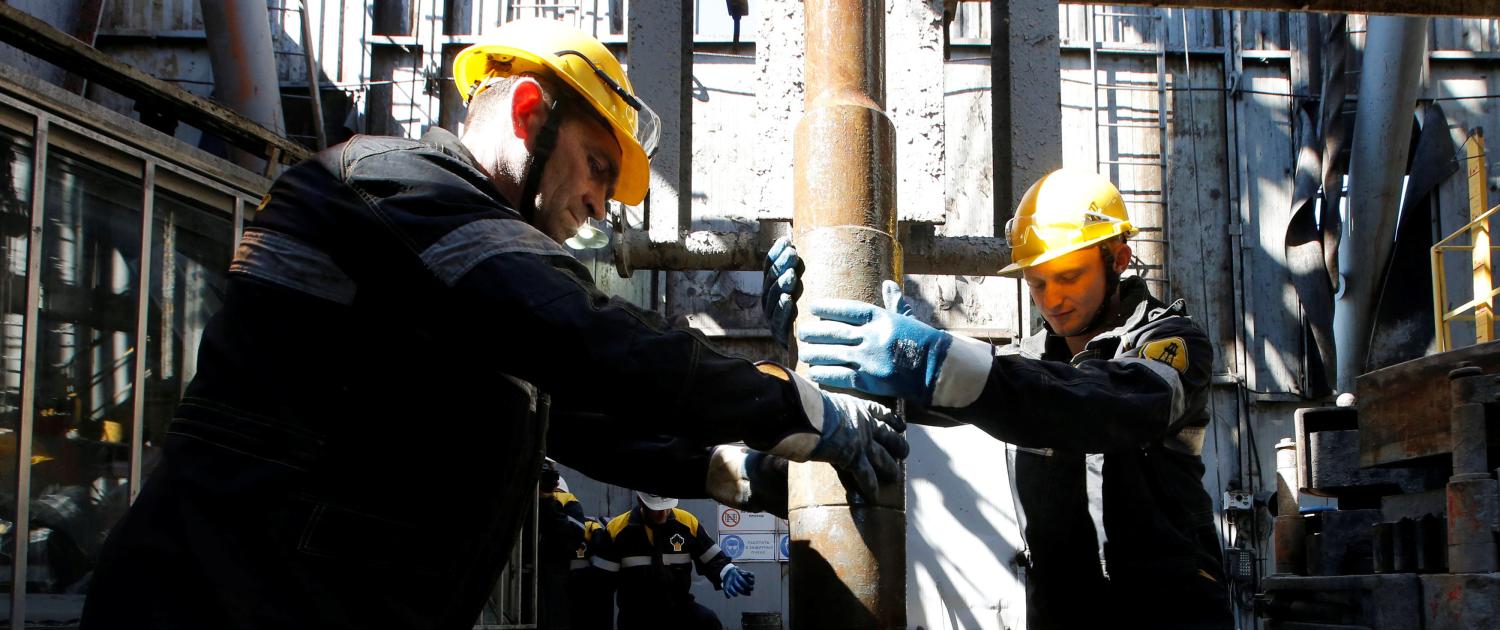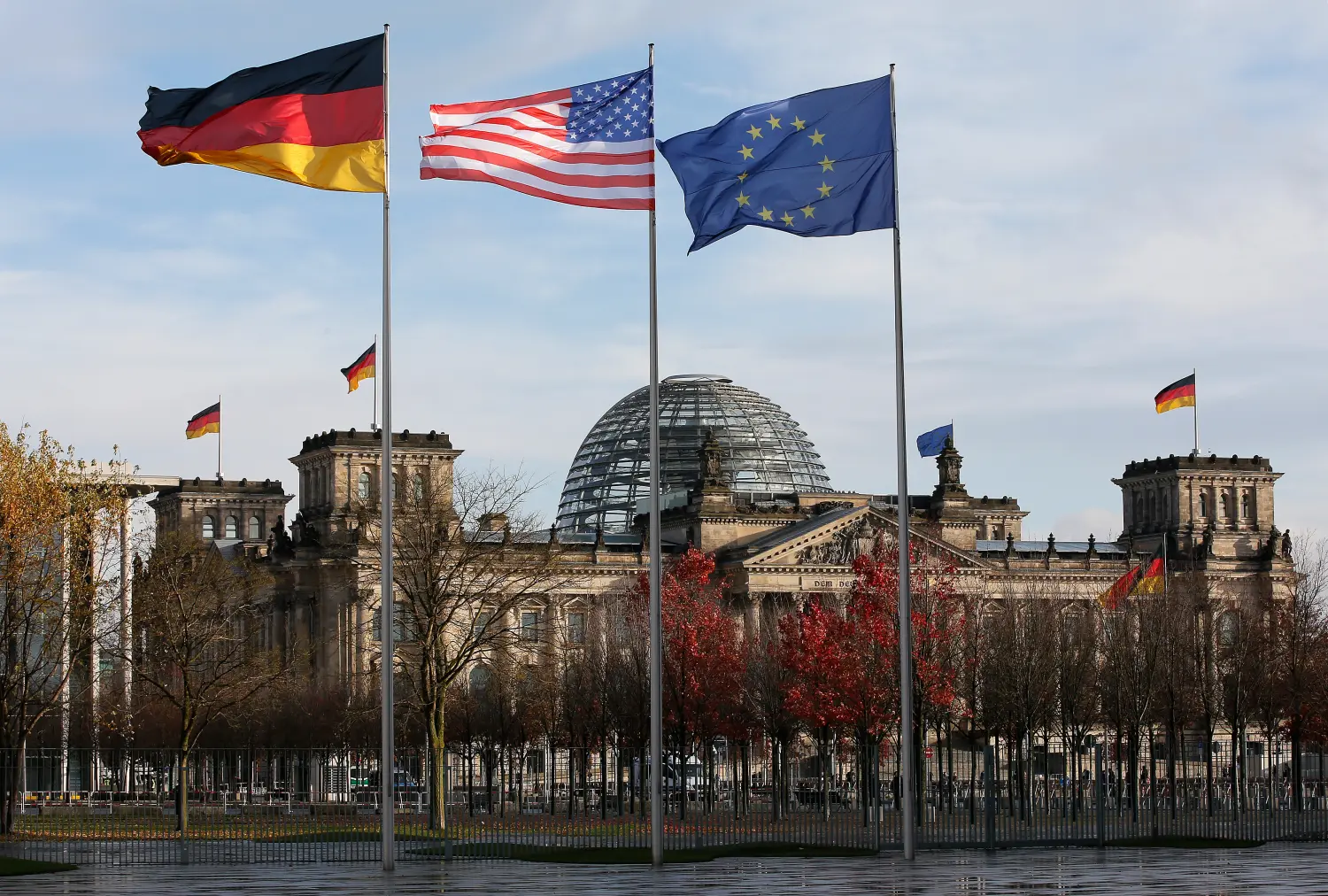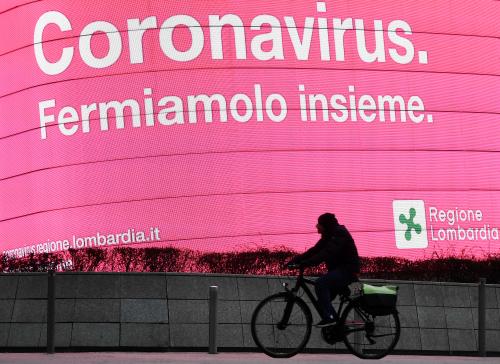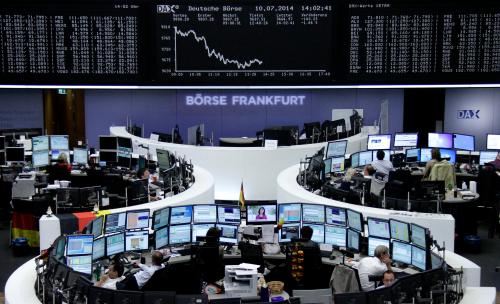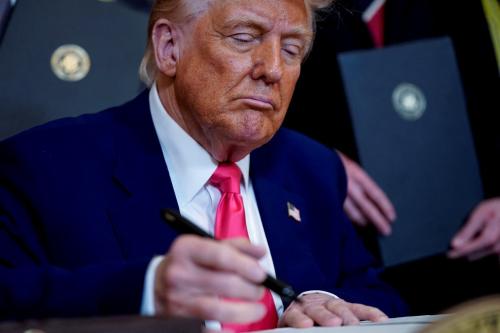Italy and Germany are locked in a struggle over access to Russian gas supplies and the construction of the controversial Nord Stream 2 pipeline. That struggle threatens not only to complicate their bilateral relationship and their respective relationships with Russia, but also to thwart European Union (EU) efforts to consolidate a common approach to energy security and to create a formal energy union. In the wake of the United Kingdom’s (U.K.) historic June 23, 2016 (“Brexit”) referendum to leave the EU, the negative impact of this dispute on EU energy and trade issues could become heightened. The U.K., with its liberalized energy market, will no longer play a direct role in EU energy policy. Clashes over Nord Stream 2 and relations with Russia could exacerbate the EU’s cleavages, exactly at a time when the remaining EU member countries—especially Italy and Germany, which were two of the original six founding countries of the European customs union and single market—need to pull together.
This paper examines the factors that have contributed to the German-Italian dispute over Nord Stream 2, including their respective relations with Russia. It also analyzes their significance for broader European energy dynamics and geopolitics. Italy has only recently re-emerged as a major player in the EU after more than a decade of political retreat, and it is exploring both the limits and opportunities of a new leadership role. Italy has been willing to challenge Germany on a number of issues, including the economic austerity measures that Berlin insisted on in response to the eurozone crisis as a condition for financial assistance to ailing national banks and economies within the countries that adopted the Euro. Italy has also moved to oppose the German private sector-backed decision by a consortium of German companies to finance and construct Nord Stream 2 and has accused the European Commission of adopting double standards in not blocking the project. Germany has pushed back on both fronts. Meanwhile Russia, for its part, has tried to find ways to take advantage of the disagreement between Italy and Germany and consolidate its position as the primary natural gas supplier to Europe.
The Brookings Institution is committed to quality, independence, and impact.
We are supported by a diverse array of funders. In line with our values and policies, each Brookings publication represents the sole views of its author(s).

